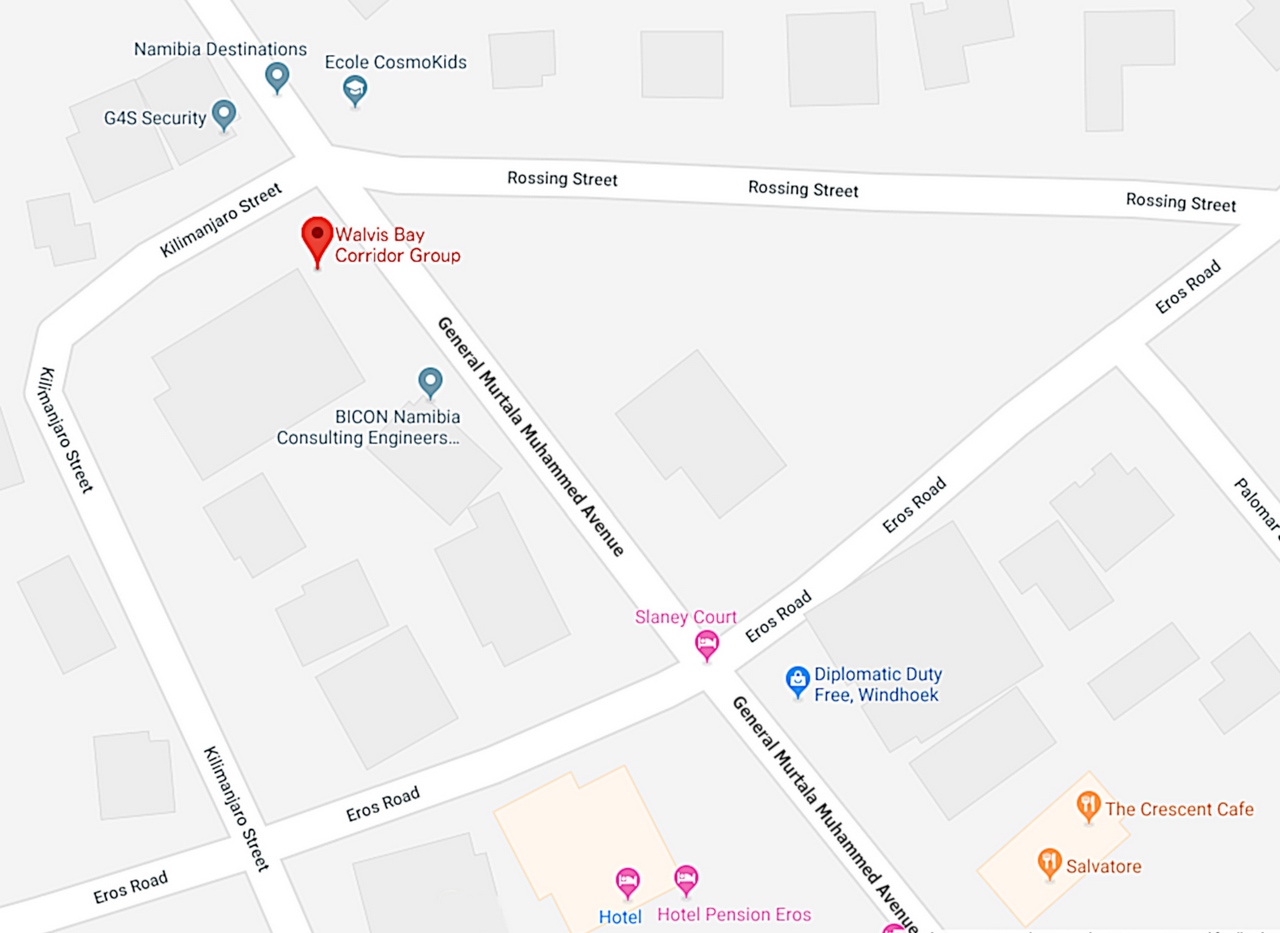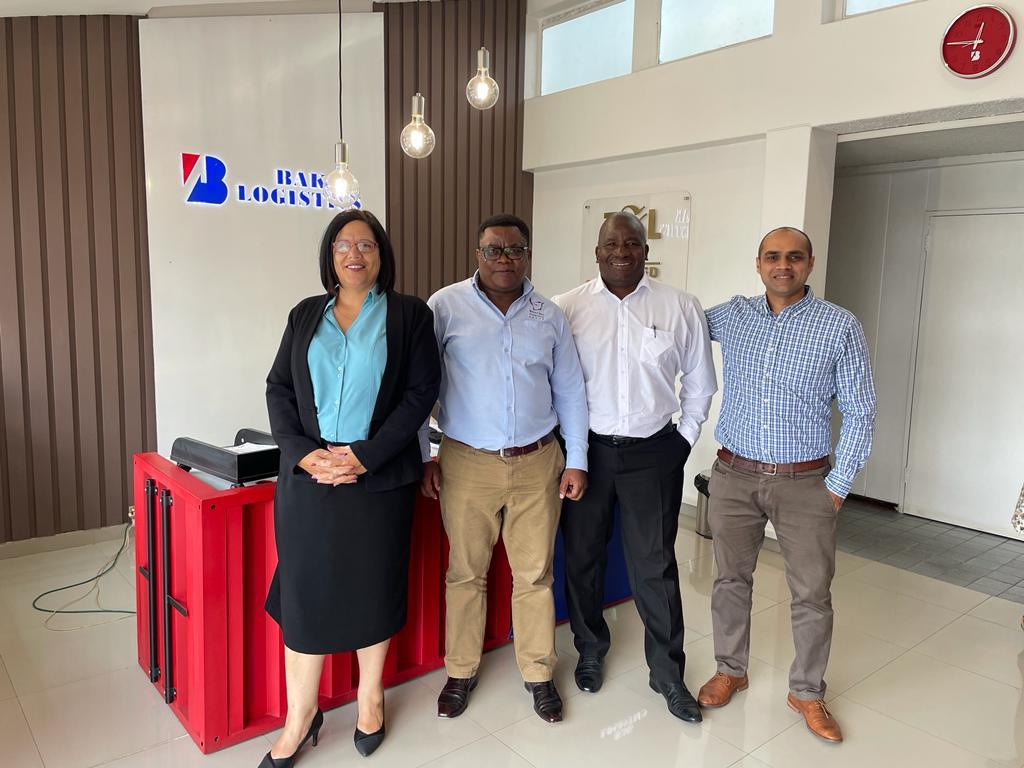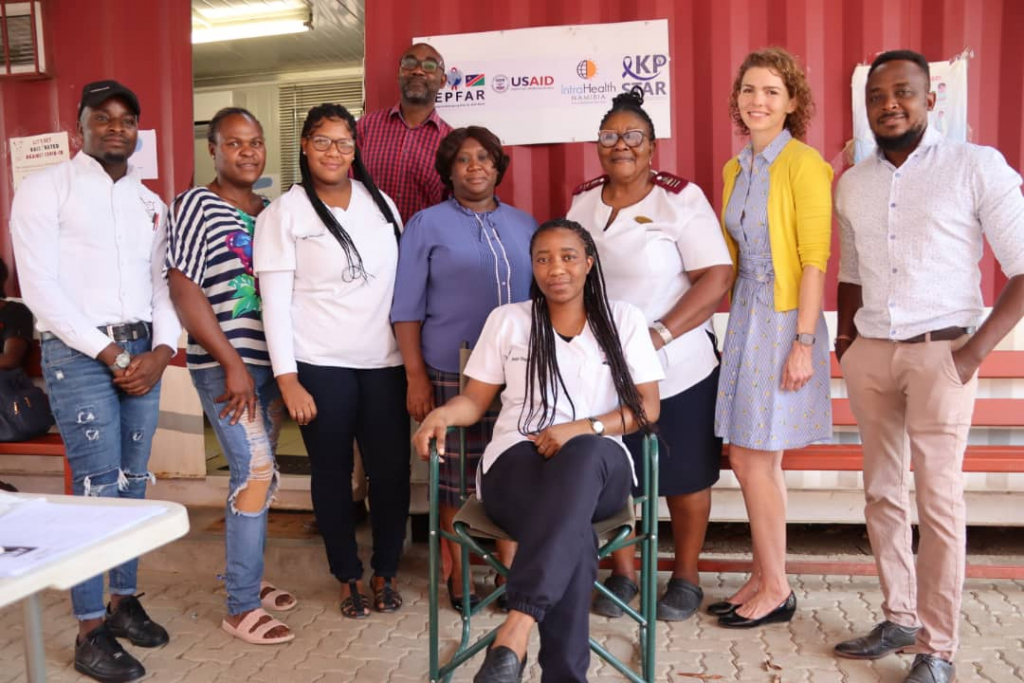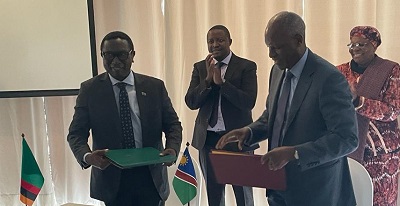Call for private sector support for Wellness Services Project
Posted: 26 Jun 2020
Some twenty years ago in the year 2000, the name Walvis Bay Corridor Group was established. As an integrated concept, the WBCG initiated a project that aims at addressing the health needs of transport operators in Namibia, and while the project started off mainly targeting long distance truck drivers and other transport workers within the workplace, it embarked upon a strategic expansion process which entails the integration of other vulnerable communities into our package of wellness services.
Through various engagements and collaborations with development partners, the WBCG established what we refer to as Roadside Wellness Clinics along the major transport corridors in Namibia, with the objective to provide seamless and quality health care services to our mobile populations and the communities they interact with.
In 2016, the WBCG signed a Cooperative Agreement with the Ministry of Health and Social Services and this agreement allowed to secure and strengthen the public component within the concept of public private partnership model.
In terms of statistics, between April 2015 and May 2020, a total of 8773 long distance truck drivers were tested for HIV and other primary health care services at 4 WBCG roadside wellness clinics. In addition 15,474 sex workers were also tested for HIV at the same clinics during the same period.
During the same period, 450 truckers have tested HIV positive and are currently on ART, with 75% of them having their viral load suppressed to undetectable levels. While, 783 sex workers also tested HIV positive and are currently on ART, with about 52% of them having their viral load suppressed to undetectable levels. Furthermore, a total of 34, 081 general community members were also tested at our clinics.
Although the sample of truck drivers represents a small population of the trucking industry across the SADC Region, without the WBCG interventions, these truck drivers would have found it difficult to access health services elsewhere as the nature of their work limits their ability to seek medical services at public facilities while on the road.
These figures are critical in creating a baseline on which to measure the current and future impact of WBCG initiatives and especially in guiding on how to deal with the impact of Covid-19 within the transport sector. “The health seeking behaviour amongst truck drivers has significantly increased. Now is the right time to engage them”, explains WBCG Wellness Services Manager Edward Shivute.
Mr Shivute further explains that the WBCG’s wellness project has reached its maturity stage and the main challenge faced, especially in the face of Covid -19, is the sustainability aspect. The World Bank rating of Namibia as an upper middle income country makes it increasingly difficult to secure development funding. “This poses a direct threat to our human capital in relation to sustaining their health and wellbeing. The missing piece of our puzzle to convince development partners to support WBCG initiatives has been the lack of private sector contribution” says Mr. Shivute.
The new collaboration with Engen Namibia has come at a crucial time. In order to keep the Wellness Service going, it is time to adjust its business model. The strategy going forward will be based on the pillars of sustainability and innovation. “Further support from private sector companies, is needed in order to ensure that this project endures”, Mr Shivute noted.








